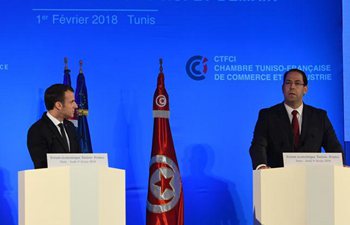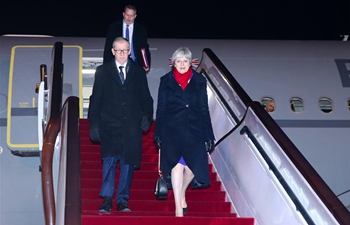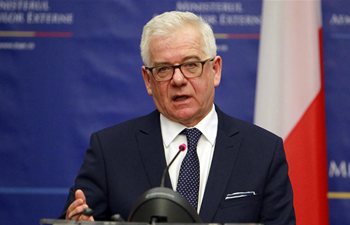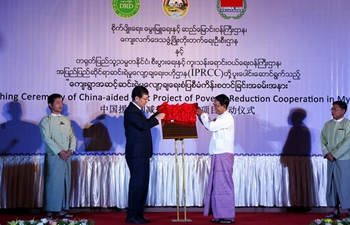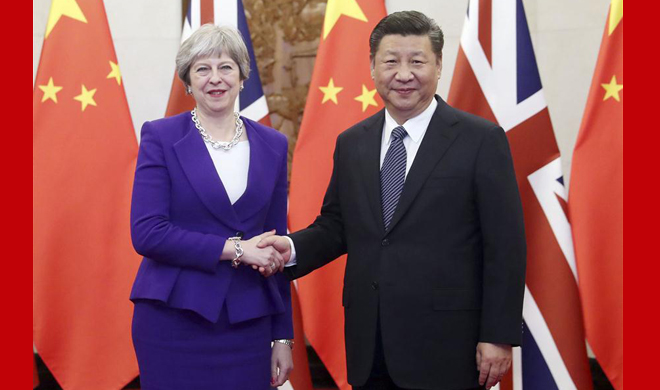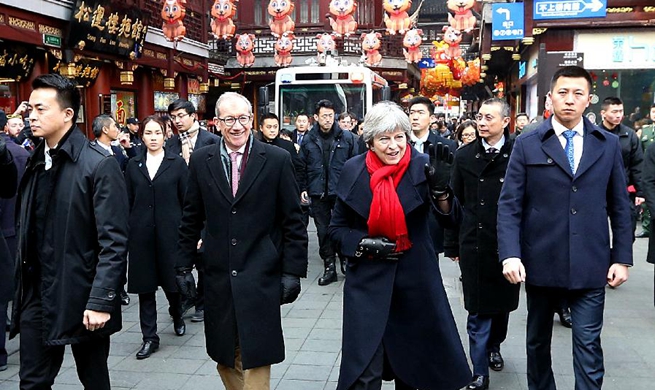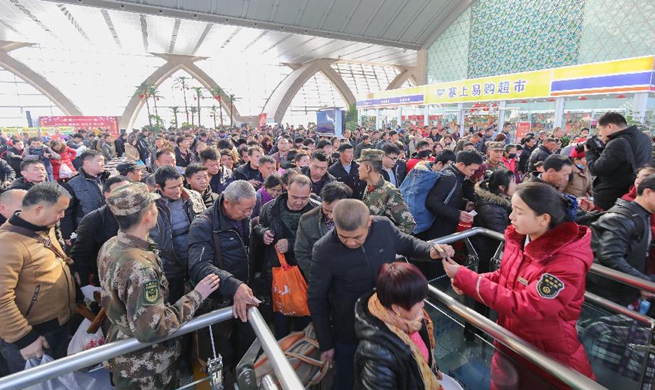by Xinhua writer Zhu Dongyang
WASHINGTON, Feb. 1 (Xinhua) -- In recent days, the Trump administration seems to have stepped up its firepower against China in its foreign policy narration.
Ahead of his visit to five Latin American nations, U.S. Secretary of State Rex Tillerson on Thursday let off steam against Beijing, accusing it of "using economic statecraft to pull the region into its orbit."
Defaming China can not help change the bad image of the United States in Latin America or stop countries in the region from seeking cooperation elsewhere to spur economic growth.
Over the past year, the Trump administration has sparked region-wide outrage by tightening rules on immigration, building a wall to discourage population inflows, seeking to tilt the trade deals to its favor.
It seems that Washington lacks the basic interest to boost development there other than taking it as its backyard and a hotbed of drug dealers and illegal immigrants.
China's cooperation with the countries in the area are built on mutual benefit and mutual respect. The success of the just-concluded second ministerial meeting of China and the Community of Latin American and Caribbean States Forum is a good example.
The meeting, held in the Chilean capital of Santiago, approved three key documents -- the Santiago Declaration, a joint action plan, and a special declaration on the Belt and Road Initiative. They have been warmly welcomed by Latin American and Caribbean countries.
For local countries, the China-proposed initiative can help them better promote connectivity and infrastructure, and lay down a solid foundation to boost future development.
The Trump administration needs to understand that scapegoating China for its fading charisma in the region, a cheap political stunt, would help little to restore Washington's influence in Latin America.
Rather, it insults the autonomy of Latin American countries in deciding their own development paths, and dampens the prospect of China-U.S. cooperation to boost the regional economy together.
For the moment, instead of wasting time on blaming China, it might be a good idea for Washington to dial down its hostile rhetoric, review its foreign policy, and drop its backyard thinking.






